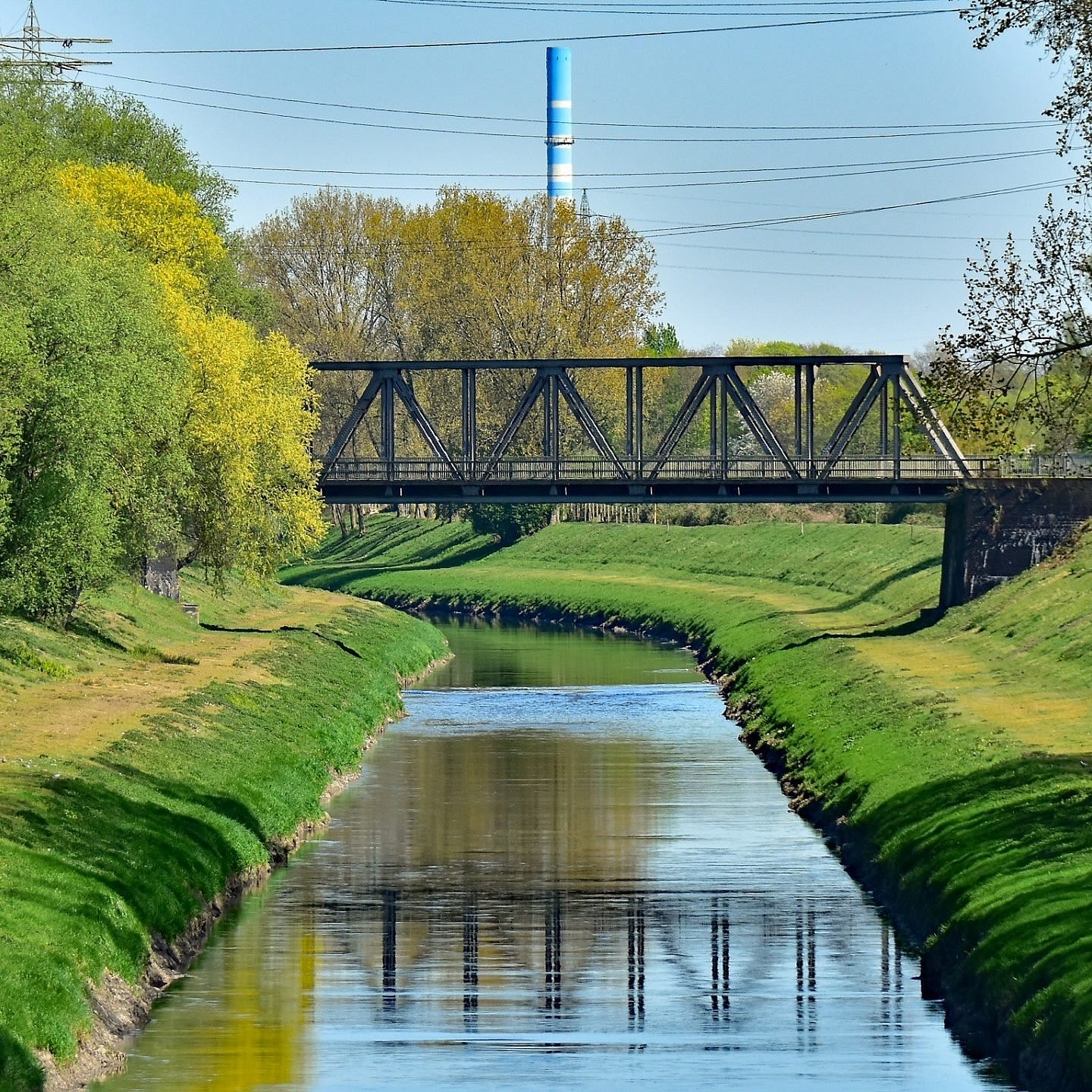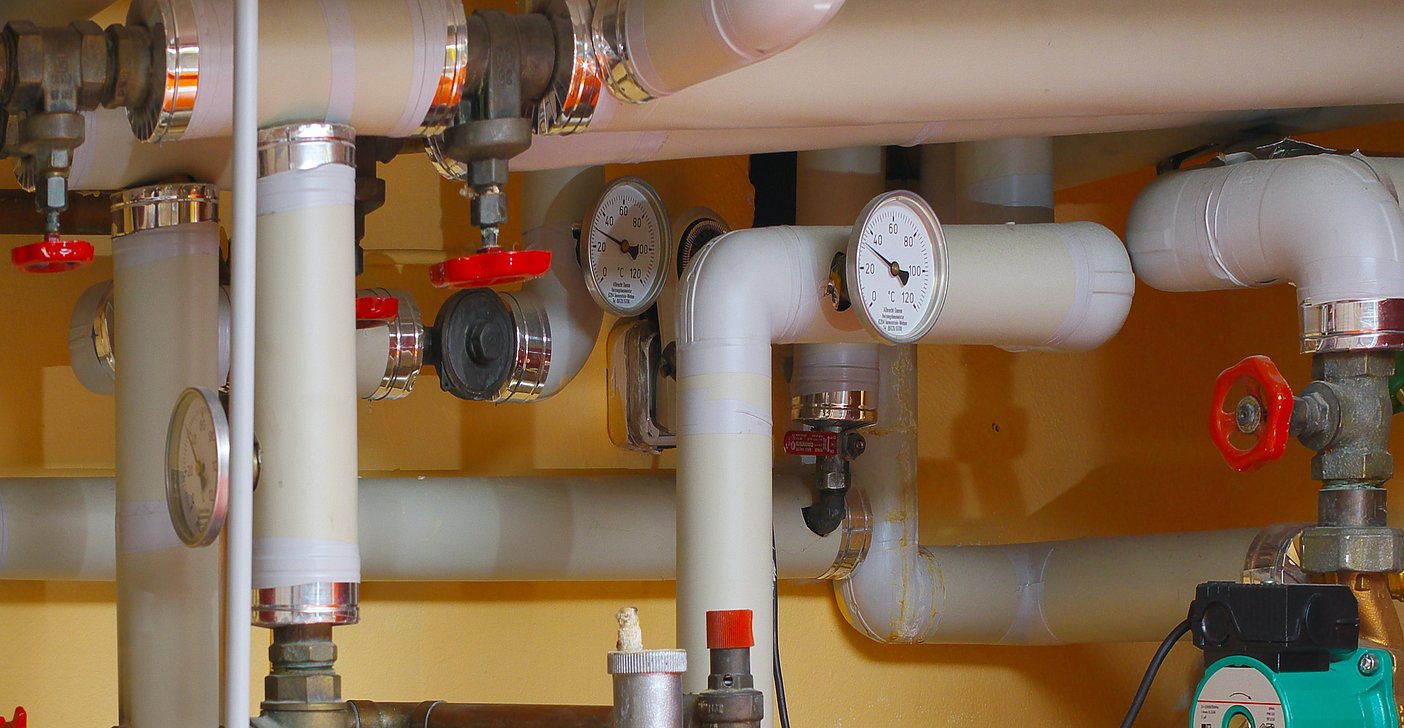Water management provides sustainable impetus in the Ruhr Metropolis
Water is the most precious commodity. But hardly any other industry is facing such profound challenges as the water industry. The world's population is growing - and with it the consumption and pollution of water. Climate change has dramatically increased the pressure: Drought, heat and extreme precipitation have arrived even in milder climates. There is much to be done in the future market of water management (WAS) - and there is much to be achieved. Because the Ruhr Metropolis is a driver of innovation for sustainable water management.
Water management in the Ruhr region combines comprehensive competencies
Its rivers and canals form one of the densest waterway networks in Europe. Duisburg is home to the world's largest inland port, while Datteln is the largest canal junction. In addition, the Ruhr region, which is dominated by mining and industry, knows from its own experience how to deal with polluted water.
Germany's largest wastewater disposal and treatment plant operators are based here.
- How are bodies of water managed?
- How is a metropolitan region safely supplied with water?
- How can rainwater be disconnected from the sewer system?
- How can cities cope with climate change?
Experts from biology and chemistry, geosciences and engineering, medicine and economics are dealing with questions like these. They work at universities and research centers, in corporations and startups, cooperatives and associations.
In North Rhine-Westphalia, the water industry, as the fourth-largest submarket of the environmental sector, employs around 62,000 people, a good 18,000 of them in the Ruhr Metropolis. Gross value added amounted to around 5.2 billion euros in 2020. Almost every third euro of this was generated in the Ruhr region. These are key figures from the Environmental Business Report 2022.
Water management includes adapting the world to the consequences of climate change
Accordingly, the water and wastewater network and protection against flooding form the largest field of activity. How water is extracted and treated and wastewater is another major task. The third segment of water management deals with instruments that measure, analyze, control and regulate.
The products are in demand abroad. No other submarket in the country has such a high export rate: 66 percent. Pipe and hose systems and their parts for water and wastewater networks rank second in the list of the environmental industry's most successful export goods, surpassed only by metal waste and scrap. After all, sustainable water management is a global task.
The Emscher is an example of the sustainable transformation of an entire region
If you want to convince others, you have to show that you can do better. The Ruhr Metropolis has demonstrated its knowledge of water by returning the Emscher to nature. Turning Germany's dirtiest cesspool back into a clean river in a renaturalized bed is considered Europe's largest infrastructure project.
The Emschergenossenschaft has successfully implemented it. It is an example of how a region can change sustainably. This includes adapting to the consequences of climate change.
This gives the environmental economy important impetus. The Ruhr region is a nucleus for blue and green ideas. Here, solutions are being tested on how cities can store water like a sponge with the help of planted roofs, facades and open spaces.
Here, technologies are being developed that remove toxins from wastewater without leaving behind contaminated sewage sludge. Here, work is being done on processes that remediate soils and groundwater with nanotechnology.
Network for environmental economy
With Greentech.Ruhr, we are jointly supporting the Ruhr Metropolis in making a name for itself in the fight against the consequences of global warming - as a hotspot for sustainable water management and climate resilience.
This could also interest you:
Connect with us.
Do you have questions about the environmental economy in the Ruhr region? Or are you interested in our Greentech.Ruhr network? Call us or contact us directly via contact form.
Image credit: Ilias Abawi/EGLV




